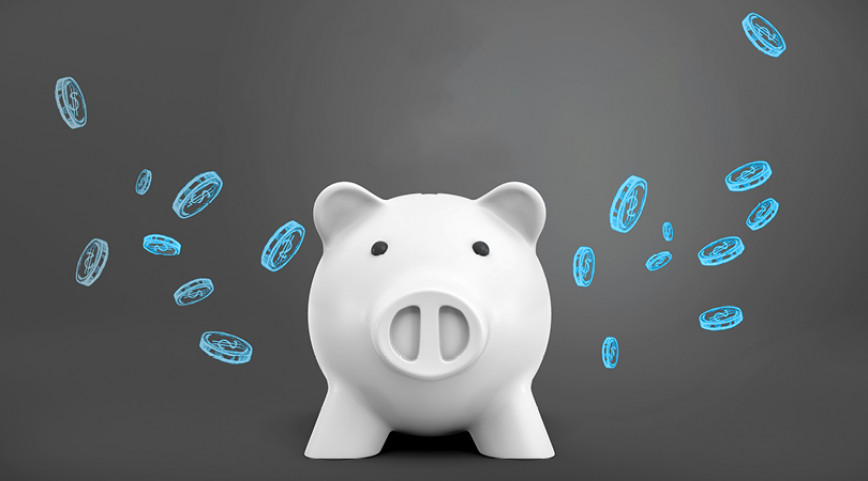
The new year is a great time to make a positive change in your life, especially when it comes to managing your money.
The good news is, by following the tips below and using the right tools and guidance, good money management might be easier than you expected.
1. Set realistic goals
It might feel right to have a big financial dream for 2021, but it turns out we’re much more likely to reach our goals if they feel achievable and realistic.
Whether it’s paying down debt or building up savings, it’s important to work out how much of each pay cheque we can spare from our living expenses after all of our regular weekly expenses are taken care of.
But how do we work that out? That’s where tip two comes in handy.
2. Evaluate last year’s bills
Look back at your biggest expenses from last year, because most will come around again this year, such as car registration fees, and bills for electricity, internet and phones.
The good news is that we know when many of these larger expenses will be due, which means we can confidently plan to ensure we’re ready – not scrambling – when they do roll around.
So why not give it a go? Whether you set reminders in your electronic calendar or highlight them a specific colour on your wall planner, knowing what’s going on with your finances is an enormous step towards being on top of them.
3. Shop around
Once you know what to expect, it’s a good idea to check that what you’re paying is reasonable.
Sometimes a quick search on online product comparison sites can be worth the hassle, as you might find a better price than what you’re currently paying, whether it’s for insurance, utilities, or even groceries.
There are also nifty search tools available on Service NSW to help you find discounts on electricity and other essentials – you might even discover you’re eligible for rebates you weren’t aware of.
4. Budget
If you’ve never really done a budget it can sound daunting and restrictive, but the whole point of budgeting is actually the opposite – to help you feel more in control of your finances.
Taking the time to add up how much you really spend on food, clothing or coffee each month can be a little confronting – but that’s how we’re able to get an arm’s length look at where each pay cheque goes.
From that point, it’s just a matter of asking whether those amounts in each category align with our values, and if not, making adjustments to better reflect these values.
Remember tip one though – baby steps are better to ensure these adjustments stick.
Everyone’s budget will look different, because our lives are all different.
To get help working out a budget that reflects your life, consider enlisting the help of a financial counsellor. Wesley Financial Counselling offer free, independent and confidential financial counselling that’s tailored to suit your unique needs and circumstances. You can find out more below.
5. Build up an emergency fund
We all know how unpredictable life can be, so it’s important to structure your finances to reflect this.
Even as little as $5 per week set aside into a dedicated account (that you don’t touch except in an emergency) can make a huge difference in the event of unforeseen expenses like medical bills, car repairs or a parking ticket.

6. Separate your spending and saving accounts
Seeing money build up in one account might look promising – but it can also make you think you’ve got more money to spend than you do. Setting up regular automatic transfers between your bank accounts can help break down each pay cheque into the categories for which it’s needed. There’s no right or wrong way to do this, but here are some ideas that may work for you:- After your pay cheque arrives, immediately transfer enough to cover your rent/mortgage repayment, utilities bills and other repeating debits (think streaming subscriptions) into a dedicated ‘Automated Debits’ account.
- You could also set up automatic transfers into other accounts such as ‘Christmas saving’, ‘Emergency Fund’, or even an account dedicated to a holiday you’re looking forward to.
